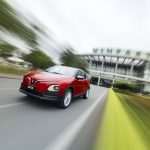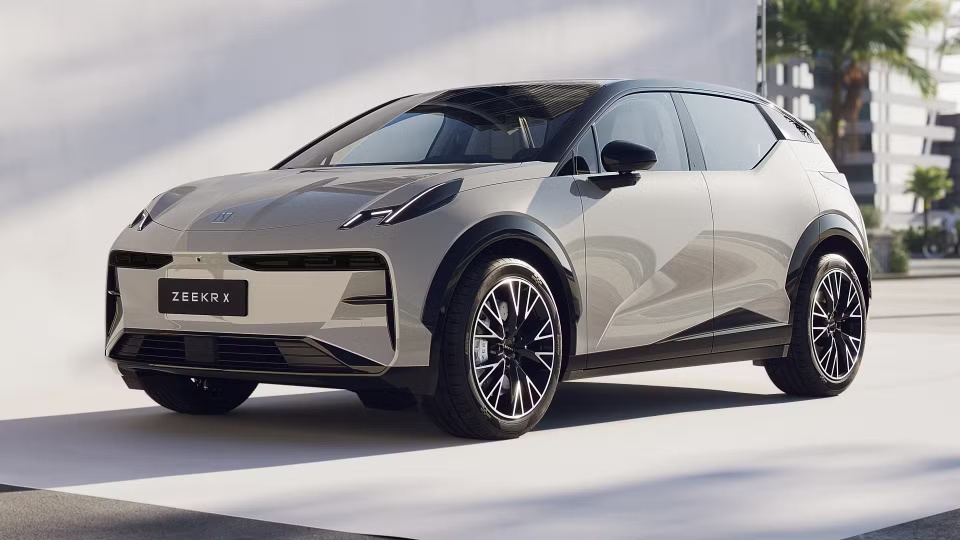
|
|
Zeekr is a subsidiary brand owned by Chinese automotive giant Geely. Image source: Zeekr. |
According to InsideEVs, the concerns and warnings related to the rapid rise of China’s automotive industry are gradually becoming a reality. In the past, Chinese automakers had never made it into the top 10 global sales rankings, but Geely has just become the first to achieve this feat.
Data from Nikkei Asia shows that in the first quarter of the year, China’s Geely group recorded 730,000 vehicle sales globally, becoming the first Chinese automotive company to enter the top 10 list of the world’s best-selling automakers.
Geely, the conglomerate that owns renowned brands such as Volvo and Lotus, along with a few emerging electric vehicle brands like Polestar and Zeekr, has surpassed German automakers Mercedes-Benz and BMW. With a 27% growth in sales compared to the same period last year, Geely climbed two spots in the aforementioned ranking.
|
|
|
Geely becomes the first Chinese automaker to enter the global top 10 in sales. Image source: The Star. |
Toyota remains the world’s largest automaker in the first quarter, with a total of 2.52 million vehicles sold globally, a 5% decrease from the previous year. The Volkswagen Group ranked second with a total sales volume of 2.1 million vehicles, while the Hyundai Group (including Hyundai, Kia, and Genesis brands) ended the first quarter with a total consumption of 1.76 million vehicles globally, despite a 2% sales decline.
Looking at the broader picture, the list of the top 20 automakers in the world for the first quarter also includes several Chinese automotive companies such as BYD, Changan, Chery, and SAIC. The top five Chinese automakers achieved a combined growth rate of 20%, while the overall growth rate of the top 20 automakers stood at just 2%.
According to Nikkei Asia, exports have been the main driver of the sales growth for Chinese automakers in the early part of the year. Geely’s overseas sales grew by 43% in the first quarter of 2024, while BYD recorded a staggering 150% growth in the same period in markets outside of China.
Last year, China exported a total of 1.2 million new energy vehicles (including hybrid, plug-in hybrid, and pure electric vehicles), achieving a 78% growth. Experts estimate that China’s exports of pure electric vehicles could reach 3.5 million units by the end of 2024.
Recommended Reads for Your Journey
Our Automotive section presents a selection of captivating books with diverse themes. During those moments of rest and relaxation on your travels, a good book can be an engaging companion.




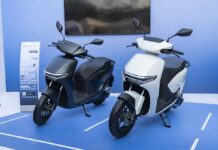

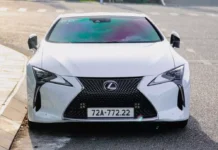






















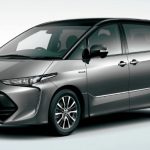
![[Quick Review] Hyundai IONIQ 5 – A Vehicle from the Future](https://vnauto.net/wp-content/uploads/2023/10/xehay-hyundaiioniq5-18052022-2-150x150.jpg)

